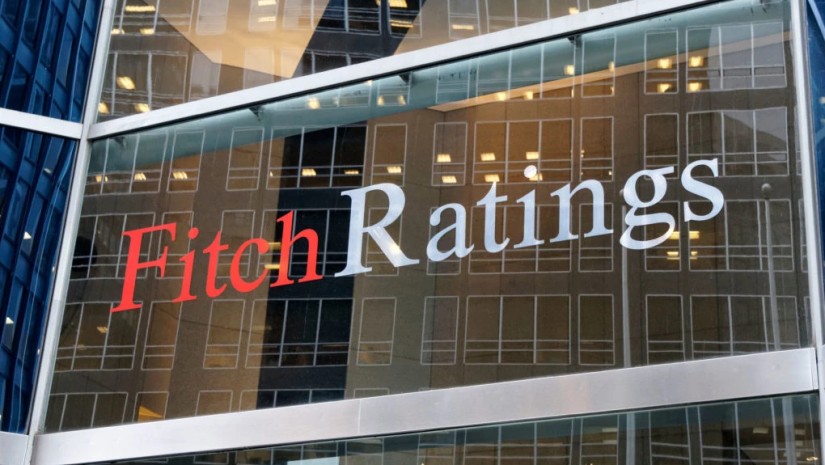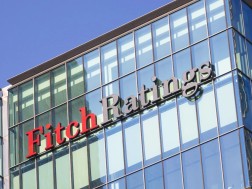Georgia’s recent parliamentary elections highlight deep political and social divisions, Fitch Ratings says. Increased political risk and its potential negative impact on governance indicators and external finances were key factors in our revision of the outlook on Georgia’s ‘BB’ sovereign rating to ‘Stable’ from ‘Positive’ at the last rating review in June.
On 27 October, the ruling Georgian Dream (GD)-led coalition won 89 seats (out of a total of 150) and about 54% of the vote, according to the official results. GD fell short of the 113-seat threshold (75% of total seats) for a ‘constitutional majority’ in parliament. The opposition parties have refused to accept the results, claiming widespread vote-rigging.
In Fitch’s view, political uncertainty will persist into the foreseeable future, deepening the potential for deteriorating institutional strength and independence over time. Tensions escalated after the passage of a controversial ‘foreign influence transparency law’ in May 2024, which was perceived by its opponents as intended to suppress dissent. While judicial challenges to this law are underway, discontent has also increased over the passage of legislation in September that critics say discriminates against LGBT communities.
Georgia’s low general government deficits, its moderate levels of government debt, most of which is on concessional terms, and continued FDI inflows (almost fully financing the country’s relatively large current account deficits) reduce near-term macroeconomic and fiscal risks, in Fitch’s view. Initial estimates indicate the economy grew by 9.8% yoy in January-September, aided by solid performance in the services and construction sectors, so there is upside to our current 2024 growth forecast of 7%.
"However, heightened political uncertainty could adversely affect market confidence and delay reforms to the oversight of state-owned enterprises and governance at the National Bank of Georgia (NBG) – an issue which led to the suspension of a USD280 million IMF Stand-By Arrangement in 2023. In our view, perceived risks to the independence of the NBG could erode policy credibility, potentially weakening the capacity of Georgia's small, open economy with a high level of dollarisation to respond to external shocks effectively. Regulatory developments on the implementation of sanctions have also increased uncertainty for Georgian banks.
As outlined at our June rating review, relations with the EU and US have worsened, especially after the passage of the transparency legislation. While the government is constitutionally bound to seek EU membership, Fitch expects delays in the resumption of EU negotiation talks – effectively suspended by the EU in July – and no meaningful progress towards NATO accession in the medium term", - the document says.
According to Fitch, any impact on perceptions of governance from continuing polarisation would only be visible in the World Bank Worldwide Governance Indicators – in which Georgia outperforms its ‘BB’ category sovereign peers – over time. More immediate effects on some credit metrics could be indicated by the lari exchange rate and Georgia’s external buffers. The NBG sold USD100 million in foreign reserves in the week of the election, likely intending to shore up confidence in the currency. In May, the NBG sold a cumulative USD108.7 million when the lari fell by up to 7% against the US dollar after the passage of the transparency law. The NBG was able to partially rebuild reserve buffers from its mid-year lows as of September (the latest available data).
Lari weakness is a key risk to debt dynamics as an estimated 71% of central government debt was FX-denominated as of 3Q24. Georgia also under-performs its rating peers on the adequacy of FX reserves, which amounted to USD4.7 billion as of September or 2.6 months of projected 2024 current external payments, compared to 4.7 for ‘BB’ rating peers.
















